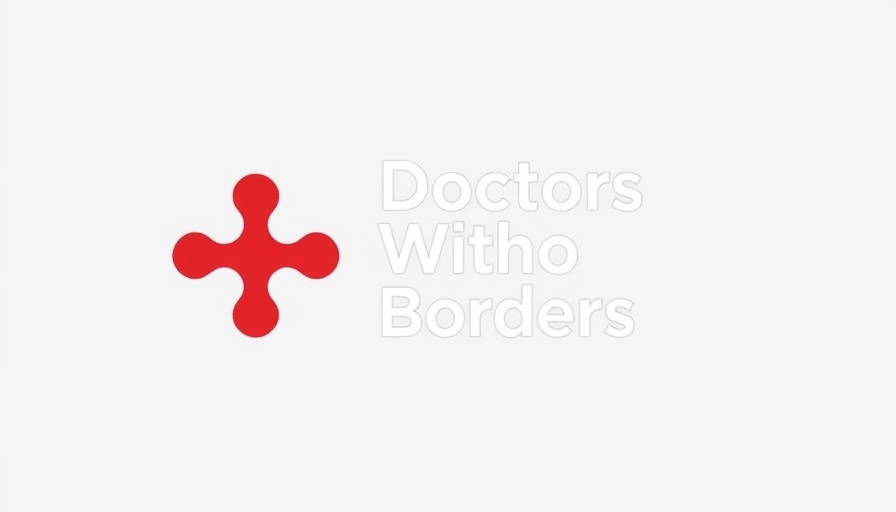
Urology Hospital Shines Spotlight on Women's Health During Women's Month
As August unfolds with Women's Month celebrations, Urology Hospital is taking a bold step by addressing often-ignored health issues affecting women, particularly those over 40. This demographic, essential in our community, faces a unique set of health challenges, including menopause, urinary incontinence, and the risk of specific cancers. In South Africa alone, approximately 10 million women fall within this age group, with one in three grappling with urinary incontinence or significant health concerns.
Addressing the Taboo: Workshops Empower Women
The hospital is hosting an informative workshop themed ‘Life After 40 – Empowering Women to Take Charge of Their Health.’ Experts, including urologists, nephrologists, and gynecologists, will guide discussions that aim to change the narrative surrounding women's health. As Dr. M. Hoek aptly points out, conditions such as painful bladder syndrome and pelvic organ prolapse are too often dismissed as mere aging, causing countless women to suffer in silence. The workshop aims not only to educate but to break these stigmas, giving women the tools they need to advocate for their health.
Workshop Insights: Tailored Topics for Real Issues
Participants can expect engaging discussions on a variety of relevant topics, such as:
- Urinary Incontinence: Understanding the causes and management strategies.
- Pelvic Organ Prolapse: Identifying symptoms and treatment options.
- Menopause Management: Navigating physical and emotional changes.
- Recurrent UTIs: Prevention tips and healthcare guidance.
- Painful Bladder Syndrome (Interstitial Cystitis): Exploring this painful condition and available solutions.
The Importance of Awareness and Empowerment
Dr. N. Sigasa emphasizes the importance of empowering women to understand their bodies better and the available healthcare options. “Too many women don’t know where to turn,” she says. This event is vital for equipping attendees with information and confidence to seek help. It will also foster a supportive community where women can share experiences and solutions.
Current Health Landscape: How This Fits In
This initiative aligns seamlessly with broader healthcare trends, as awareness around women's specific health issues is on the rise globally. Efforts like the Urology Hospital’s workshop are crucial in combating systemic healthcare challenges, especially in the realm of public healthcare. Issues like maternal health, chronic disease management, and health equity play significant roles in the health outcomes of women. As the conversation continues, it is crucial to include mental health, sexual and reproductive health, and the implications of aging population health.
Join the Conversation: Participate and Advocate
The workshop is scheduled for Saturday, August 30, 2025, from 09:00 to 14:00, at Urology Hospital, Hatfield, Pretoria. It presents an excellent opportunity for women to learn about crucial health topics directly affecting them while connecting with healthcare professionals dedicated to their wellbeing.
If you or someone you know could benefit from this empowerment session, contact Urology Hospital at 012 423 4000 or via email at info@urologyhospital.co.za for more information.
By taking part in events like these, women can reclaim their health narrative, ensuring they no longer suffer in silence when faced with health challenges.
 Add Row
Add Row  Add
Add 




Write A Comment